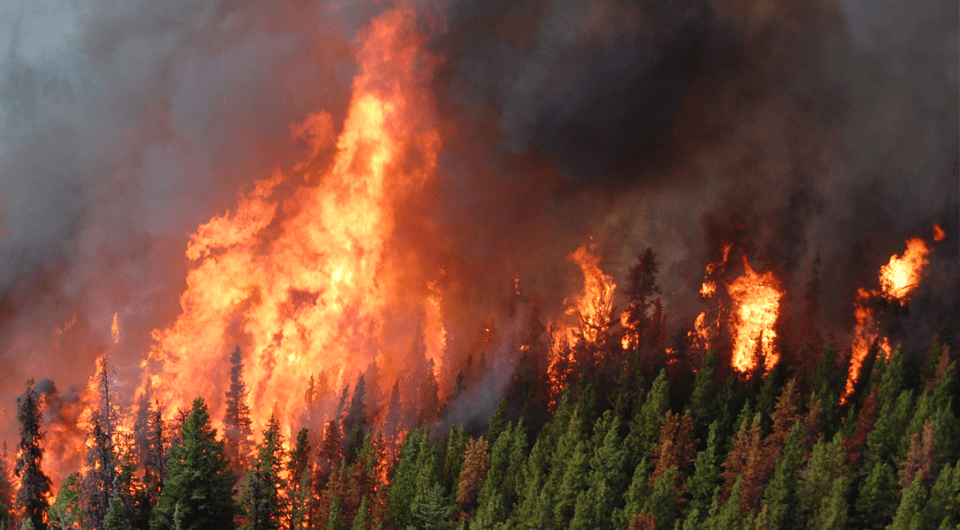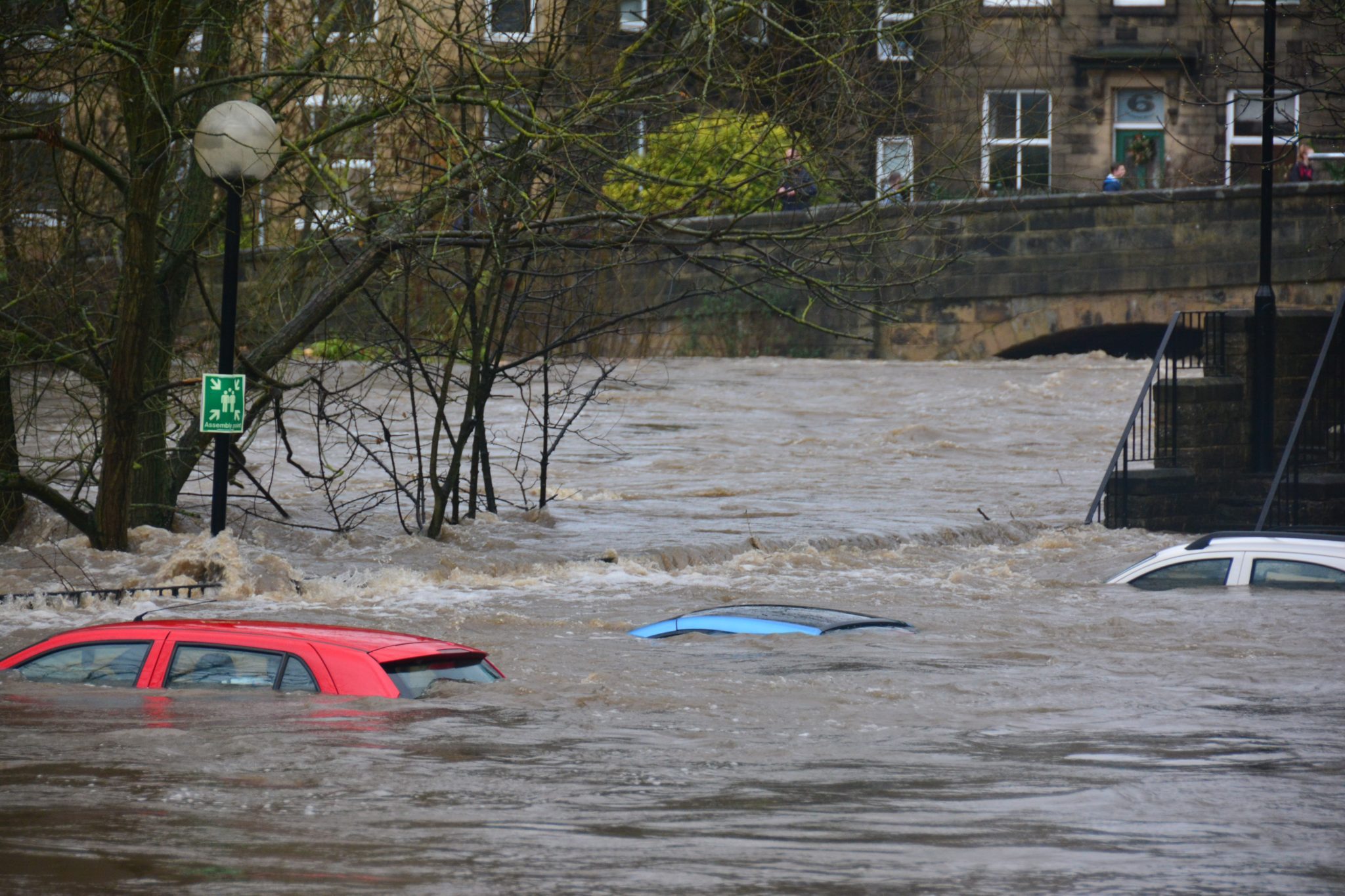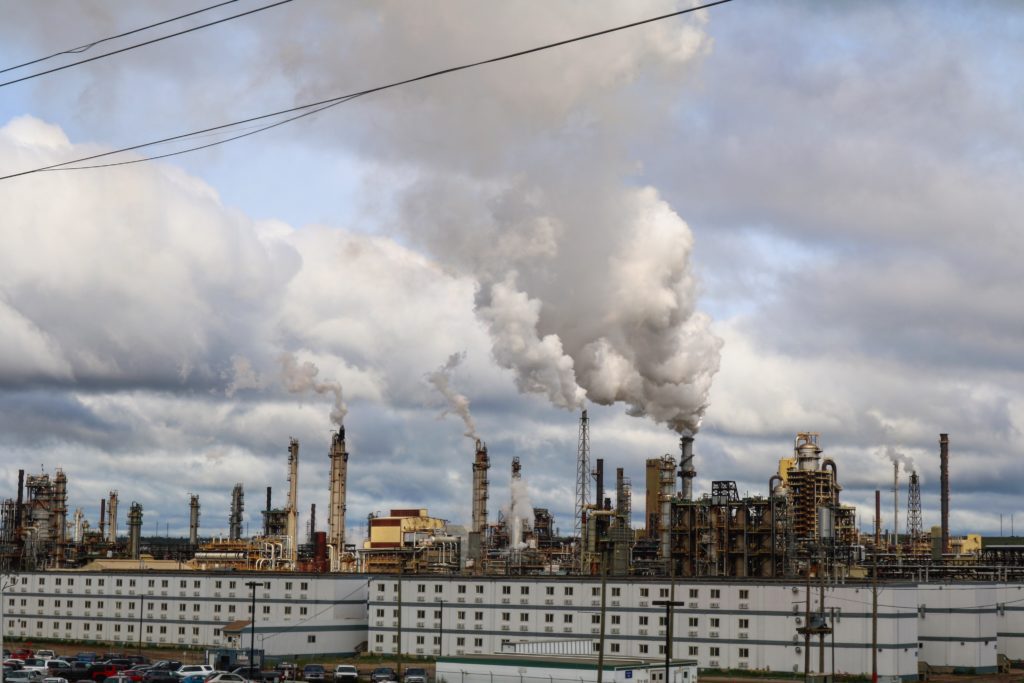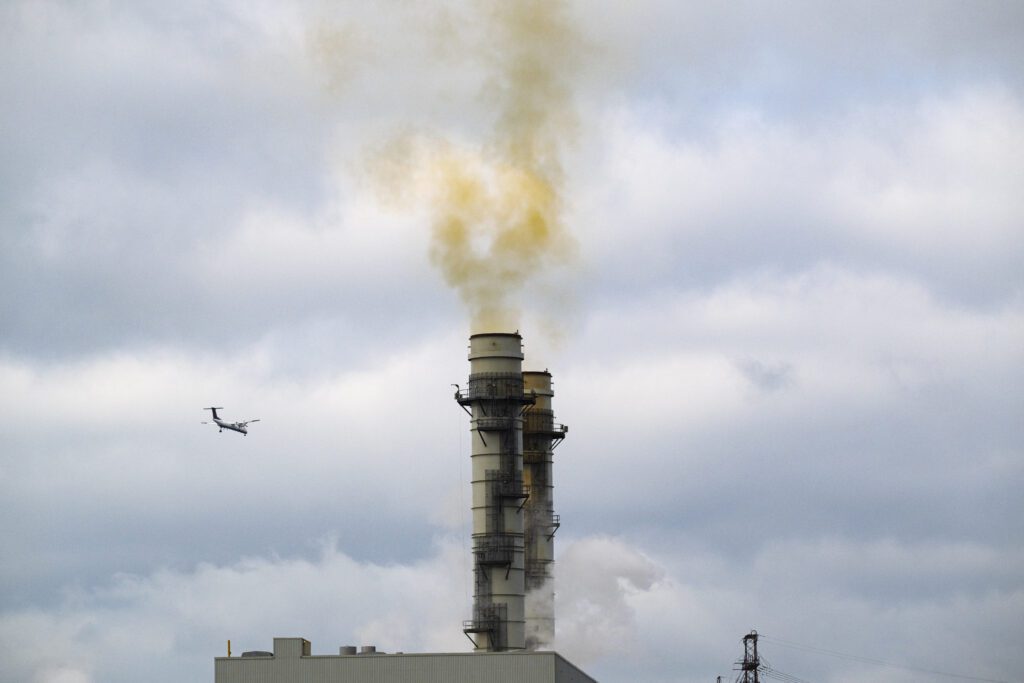Everyone is talking about affordability.
And for good reason. People across Canada have seen their spending power stretched thin while the price of necessities like food and housing have soared.
Don’t forget to add on top of that the cost of climate change. From increasing costs of insurance and everyday items like coffee and chocolate, to major expenses when dealing with climate crisis infrastructure damage, like damaged roads, bridges and buildings, we know climate change is expensive.

Yes, taking action to mitigate and adapt to climate change requires spending now. We need big investments in the energy transition from polluting fossil fuels to clean renewable energy. We need to improve the resilience of our infrastructure, and we need to make changes so that our society and economy are less polluting.
But the cost of not taking those actions is far greater.
What are some of those costs:
- The expected global cost of climate change damage is estimated at $1.7-$3.1 trillion per year by 2050.
- In Canada, climate change is already costing billions of dollars each year.
- The cost of BC’s 2021 season of climate disasters, which included the heat dome, rampant wildfires, widespread flooding and dangerous landslides, was estimated to have cost more than $17 billion.
- Cities across the country are having to pay to rebuild and improve infrastructure to withstand increasing extreme weather events, like this past summer’s major flooding in Toronto.
- Increasingly individuals are also having to pay for damage to their homes or properties.
It’s more than just the direct cost of climate disasters though. Did you know that economists have a tool for calculating the cost to society of continued reliance on fossil fuels? It’s called the Social Cost of Carbon and it quantifies the damages of greenhouse gas emissions on health, the economy, and the environment. The current social cost of carbon is $266 per tonne emitted into the atmosphere, which means that in 2022 (the latest data we have in Canada), the emissions from just one industry – the production of oil and gas – cost our society a jaw-dropping $57.6 billion. The damaging cost of our reliance on fossil fuels takes funding away from other essential things, like healthcare, education and helping struggling Canadians.
That’s why when we talk about the cost of climate action, it’s important that we compare that to the cost of inaction. When politicians talk about saving money by cutting climate policies, or promote the economic benefits of the fossil fuel industry, they’re only looking at one side of the balance sheet.
Big Oil is a big part of the problem
While most people are concerned about the cost-of-living, Big Oil companies have been raking in record profits. Last year alone, four of the top oil companies in Canada (Cenovus, Imperial Oil, Suncor, and Canadian Natural Resources Ltd.) had a combined annual profit of over $25 billion (and that’s after they’ve paid their shareholders and CEOs) . Like many corporations, they have been taking advantage of inflationary pressures, price gouging consumers. Research by CCPA shows that price gouging by the mining and oil and gas extraction industries is responsible for 25 per cent of every dollar of inflation.
 So, how can we tackle the affordability and climate crisis?
So, how can we tackle the affordability and climate crisis?
You can read more about some of the ways that climate solutions can make life more affordable in this Environmental Defence blog.
And you can join thousands of Canadians calling for oil and gas companies to pay their fair share for the climate pollution they produce.
Take action: Tell Canada to Stop Big Oil from Polluting Our Climate





 So, how can we tackle the affordability and climate crisis?
So, how can we tackle the affordability and climate crisis? 



